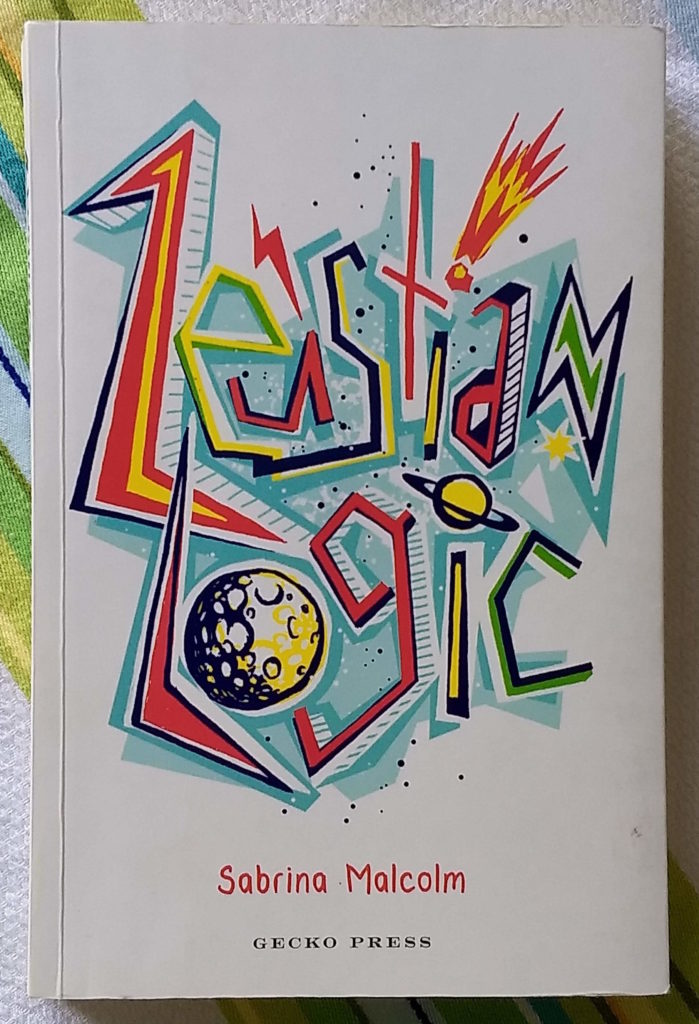 This story is more fun than you would think, given that it is about a teenage boy coming to terms with his father’s death. Astronomy and mythology are two of Tuttle’s boyish hobbies; they run like threads through the stories he tells his younger brother and the conversations he has with his friend, and also play a big part in the novel’s resolution. His father, a famous mountaineer, disappeared in controversial circumstances which made his loss even harder for his family to deal with. The repercussions continue even a year later, when the novel is set.
This story is more fun than you would think, given that it is about a teenage boy coming to terms with his father’s death. Astronomy and mythology are two of Tuttle’s boyish hobbies; they run like threads through the stories he tells his younger brother and the conversations he has with his friend, and also play a big part in the novel’s resolution. His father, a famous mountaineer, disappeared in controversial circumstances which made his loss even harder for his family to deal with. The repercussions continue even a year later, when the novel is set.
Apart from dealing with his father’s death, he also has to deal with his mother and brother, who are struggling in their own way to manage. And of course he also has to negotiate the usual teenage issues; mostly school, and also the juvenile delinquent petrolhead who lives next door (along with his cute half-sister — it’s not all bad).
There are some nice supporting characters: the wise teacher; the apparent villain who does a heroic act; Attila, the flaky but loyal best friend.
I really like the way Tuttle deals with his problems. I feel that a typical adult character would over-analyse and be theatrical, whereas Tuttle grimaces and resignedly asks “why me?” but then just gets on with things. It rings true for how a teenage boy would, or perhaps should, behave.
Tuttle seems like such a nice kid that I found myself half-hoping for a fairytale happy ending. Even Tuttle hopes for such an ending, without ever believing it will happen. And when it does come, the end of the novel is just right: believable and satisfying.
Joanne found this book via a review in The Listener magazine and gave it to Felix (age 10) for Christmas. He enjoyed it and recommended it to me. He has recommended quite a few books to me over the years, but this was the first time he actually came into my room, put the book into my hands and told me I should read it. I’m glad I did; I’ll heed his recommendations more in future.